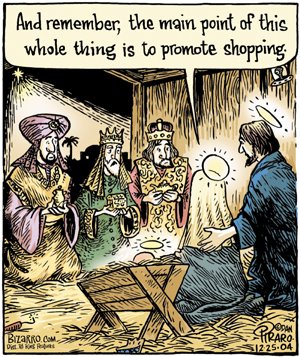 In continuation of my attempt to resurrect some articles from The Guardian,, the following is an excerpt from an article titled “Indian Christian Politics” in The Guardian, October 11 (1945) 325. The scheme for ‘social revolution’, which Chenchiah proposes, was actually formulated at the Bangalore Conference Continuation held that year, 1945 (note the pre-independence date). Here’s the concluding part of the article:
In continuation of my attempt to resurrect some articles from The Guardian,, the following is an excerpt from an article titled “Indian Christian Politics” in The Guardian, October 11 (1945) 325. The scheme for ‘social revolution’, which Chenchiah proposes, was actually formulated at the Bangalore Conference Continuation held that year, 1945 (note the pre-independence date). Here’s the concluding part of the article:
At the Bangalore conference Continuation held last summer a group of Christians who had the tragedy of our political life on their minds pondered deeply over the issue of their deliberations ended in a call to the youth of the country to lead a social revolution as well. They formulated a programme of action and recommended the technique of ‘cells.’ This has the advantage of putting action before talk and service before power. It links religions in patriotic endeavour. It puts the revolutionary leaven right into the masses. In their scheme the cell is the actor and not the audience. This scheme is as follows:
1. No caste–members of the cell should express their renunciation of caste by eating together, openly.
2. No class–members of the cell, those who are in position to do so, should set apart a portion of their net income as a fund to be owned by the members of the cell in common for meeting unemployment and ill health.
3. Productive work. Every member of the cell to devote himself every day to the production of food by gardening or of cloth by spinning.
4. Common Ownership–The essentials of life, food, clothes, should be lifted from the category of private ownership and experiments should be made in the enjoyments of these as common property.
5. Cooperation–The members should extend the principle of cooperation to every friend of economic activity.
6. Replacement of Money–Money should be replaced whenever possible by the social and moral effort which it represents.
7. Religious Unity–Members to secure harmony among followers of different religions by bringing to bear their religious inspiration on the furthering of social revolution.This article is written in the hope that the adoption of this programme will bring all cates and classes into a fellowship of brotherhood and break the ground for larger programmes of the people’s government. Should we desire to avoid the bloodshed and red trail which revolutions find inevitable in their opponents, we have to prepare the people for the changes that are decreed and ordained for the political evolution of the world.


